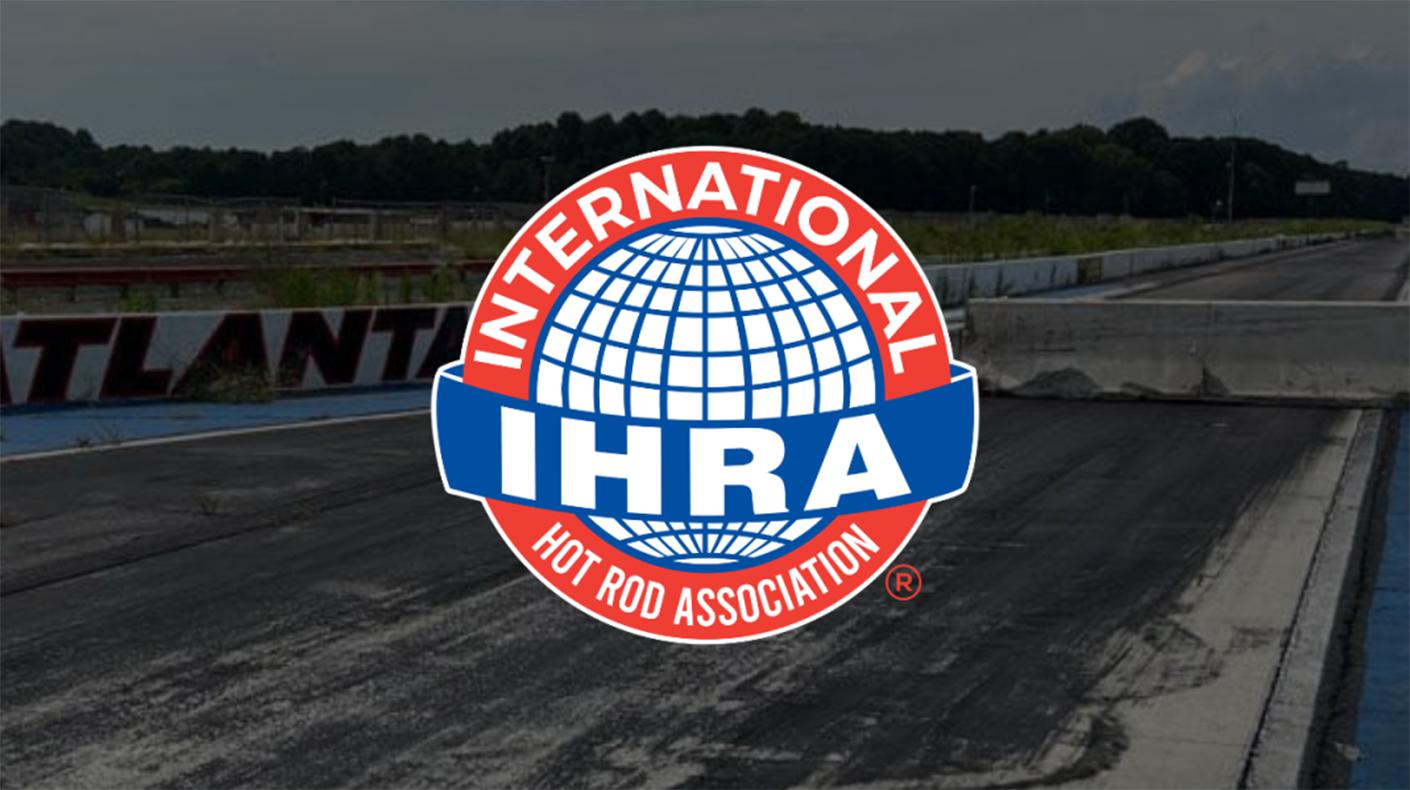By SEMA Washington, D.C., Staff
The National Highway Traffic Safety Administration (NHTSA) issued an advanced proposed rule to begin creating a framework for regulatory oversight of Automated Driving Systems (ADS). The agency is seeking public comment on ADS safety issues to be addressed as they enter the marketplace. The framework is intended to define, assess, and manage ADS performance safety issues while providing flexibility for continued design innovation.
NHTSA had identified four core ADS functions:
- Sensing: ability of the automated vehicle (AV) to receive information from its environment;
- Perception: ability of the AV to interpret the information received through sensors;
- Planning: ability of the AV to establish and navigate a route to its destination; and
- Control: ability of the AV to execute the driving functions necessary to carry out the driving plan.
Although wide-scale deployment of AVs may be several years away, the technology to be incorporated in the vehicles is being actively developed and tested—from cameras, radar, and LiDAR to global position satellite (GPS) data, vehicle-to-vehicle communications and vehicle-to-everything devices. The technology is being incorporated into new crash avoidance safety systems such as automated braking and lane departure warnings.
NHTSA notes that it is premature for the agency to issue safety standards or other performance standards for ADS competency. However, the advance proposed rule is intended to help identify aspects of ADS safety performance that may need the most attention. NHTSA has presented 25 questions in seeking public feedback on a range of topics including how to prioritize core elements of ADS safety performance, how to evaluate the functions, and how to consider regulatory oversight of the systems (guidance documents, industry best practices, safety standards, etc.)
For additional information, contact Stuart Gosswein at stuartg@sema.org.





